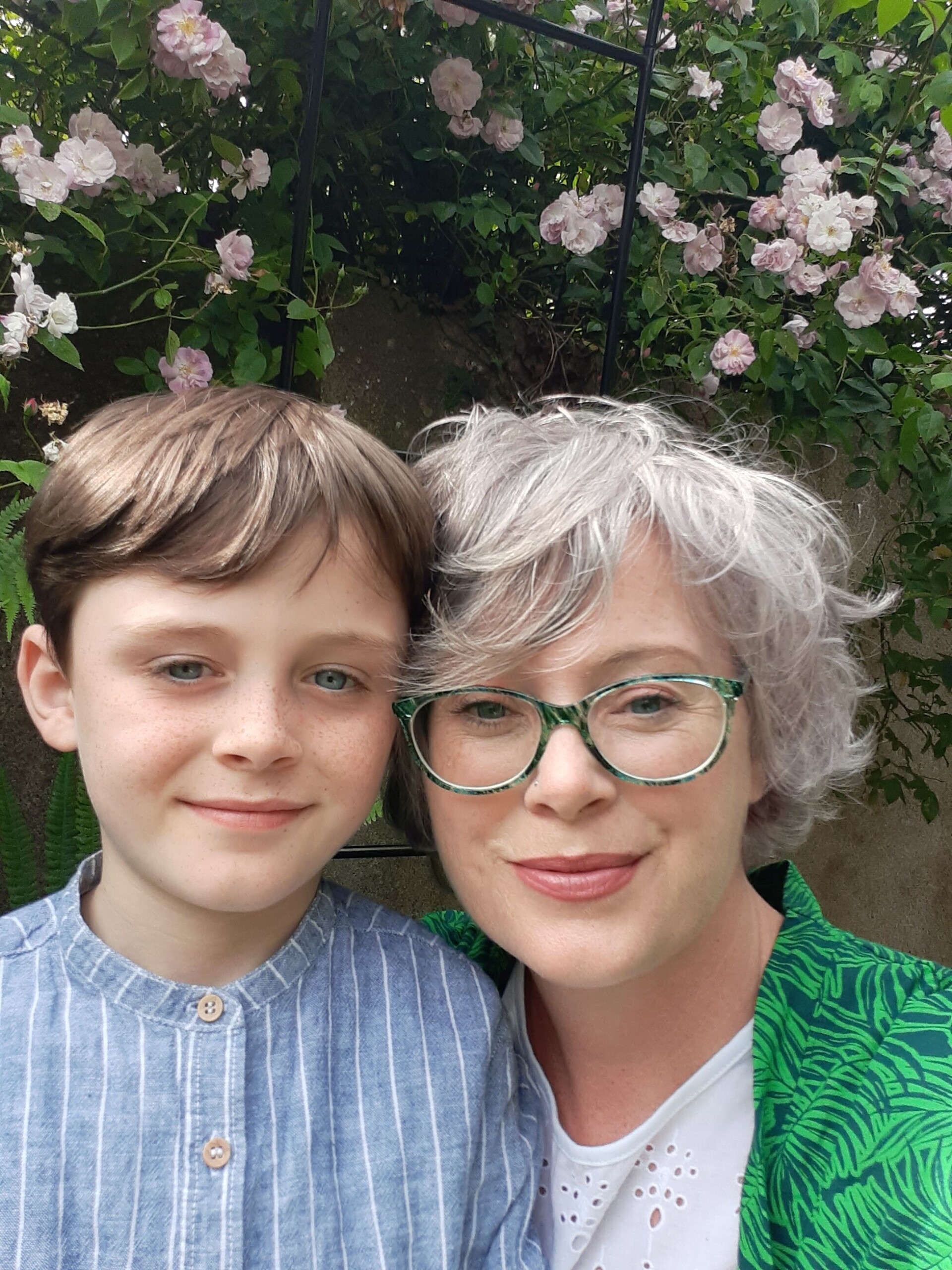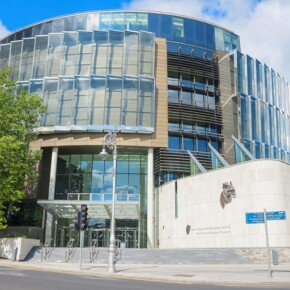D15 parents calling for reading units for children with dyslexia
Gary Ibbotson 25 Jun 2021
Parents in the Dublin 15 region are calling on the Department of Education the National Council for Special Education (NCSE) to introduce more reading units for children with dyslexia in the area.
The region, which currently has 32 primary schools, currently has no reading school or dyslexia units.
Local parent Hazel Gregan, whose son has severe dyslexia says a campaign has begun to get additional facilities installed in the community.
“Myself and a few mothers have recently set up a support group on Facebook for parents of children with dyslexia in Dublin 15,” she says.
“Despite Dublin 15 having 32 primary schools and a huge population there is no reading school or dyslexia units in Dublin 15.
“This is despite the fact that dyslexia is hugely prevalent, with 10% of the population having some degree of dyslexia.
“For children with severe dyslexia, educational psychologists recommend that children attend a reading school.
“The nearest reading school is Catherine Mc Auley school in Baggot Street.
“Reading schools and units are few and far between in Dublin and virtually nonexistent outside of the capital.”
Gregan says that her son, who recently turned nine, was diagnosed with dyslexia “with the recommendation that he attend a reading unit, despite the great help that he is getting in his school, he cannot read.”
Gregan says that the group of parents have been in touch with local representatives such as Sinn Fein TD Paul Donnelly and Fine Gael Senator Emer Currie.
The office of Tánaiste Leo Varadkar told the group that he has been in touch with the Department of Education regarding the lack of reading units.
In response, the department said: “We are liaising with the NCSE regarding its view on the matter and to see if any further action is required at this stage.
“For example, the provision of CPD (Continuing Professional Development) and training programmes for schools in this area.”
However, the Department of Education said its policy of supporting children with additional in mainstream schools was still being implemented.
“Given the extent of the allocation of additional Special Education Teachers that are provided to mainstream schools at present, with some 13,600 special education teachers now provided to mainstream schools, to support the learning needs of pupils who have additional needs in literacy, it is generally the policy of the department that in accordance with the principles of inclusive education, that pupils with such additional learning needs are supported in mainstream with additional provision made by a special education teacher.
“Having engaged with the NCSE, we will revert to you and update on the issue”.
Gregan says that although dyslexia is fairly common among children, for people with severe forms of the learning difficulty, a specialised reading class is recommended.
“Children generally attend a reading unit/school for two years, from third class up to sixth,” says Gregan.
“Classes are small, with normally nine pupils, where children are taught the curriculum in a way that is appropriate to them.”
Recently, a reading class sanctioned for St Francis’ school in Roselawn has been cancelled due to an “operational error” according to the Department of Education.
“This has been extremely upsetting for parents who had hoped to send their child locally to a reading unit,” says Gregan.
“The problem we have is that there appears to be no official numbers available by the Department of Education of how many children have dyslexia and require attending reading units.
“Our local representatives have been asking the department to provide this information.
“This perhaps is to the departments benefit, because if the numbers were available, they would have to do something about it.
“Regardless of where a child is assessed by an educational psychologist, his/her report would be given to the school for the recommendations to be implemented, that information would be given to the department, to account for resource hours/ teachers and any applications for technology supports such as iPad etc.
“To put it into context, our support group Dyslexia Support Dublin 15 was set up by five mothers, four of which have recommendations by educational psychologists for their children to attend a reading school.
“Interestingly, one of these recommendations came from NEPS, which is the department of education psychologists, the very same people who are telling us that are children can be adequately catered for in mainstream school,” she says.
Gregan says that many mainstream schools have been “excellent” in facilitating children with dyslexia but in some cases, it does not have the resources required.
There are currently three specialised reading schools in Dublin, which are Catherine McAuley National School in Baggot Street, Oliver Plunkett School in Monkstown and St Roses National School in Tallaght.
Oliver Plunkett National School in Malahide, St Thomas’ National School in Tallaght, St Mologas National School in Balbriggan and Scoil Colmcille in Donaghmede also have specialised reading classes.
“As you can see, Dublin 15 has none,” says Gregan.
“The choice that parents have with children with severe dyslexia is to have their children is to travel for over an hour each way to school, away from their community and friends in order for them to learn to read so that they can eventually read to learn.
“That is not inclusive education,” she says.











